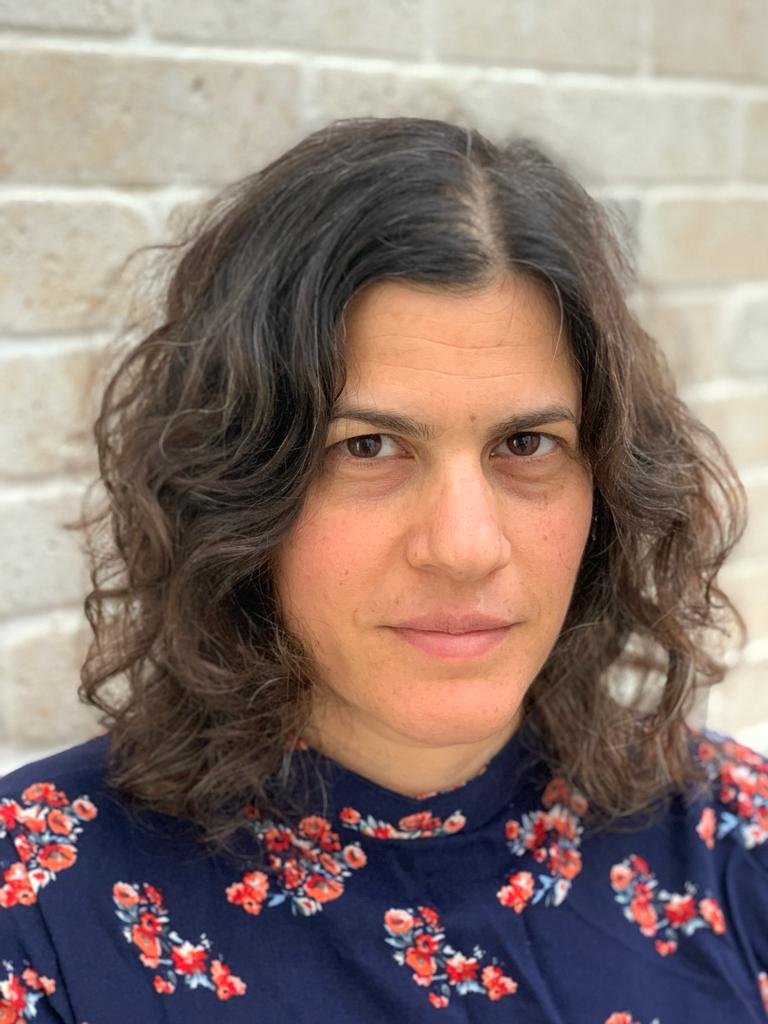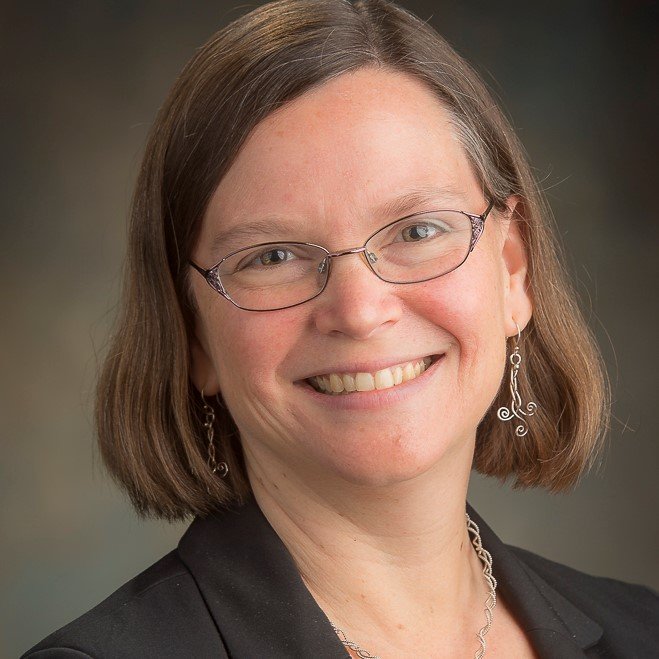Dr Joanna Evangelides, AFM researcher, original NuNano AFM Technician, and more recently our Operations Manager, introduces this month’s ‘Women in AFM’ blog post.
Joanna reflects on how far AFM has come since her own PhD and shares why continuing to profile Women in AFM is so important to her.
When I began working on my PhD using AFM over 15 years ago, I was one of only a few women in my cohort. Conducting research and finding new ways to develop AFM was still predominantly male-dominated. To the benefit of the sciences and the broader STEM community, this has been shifting over the past decade or so, though there is still work to be done. That’s why it’s important to me that we continue to do our part in profiling women in AFM, providing role models for the next and upcoming generation of researchers and scientists. After all, to consider working within any role we need to regularly see people who look and sound like us doing those jobs.
As I discovered during my PhD, and as you’ll read in the work undertaken by this year’s list of Women in AFM, the instrument and technique continues to expand across disciplines. I was one of the first people to do multidisciplinary work with AFM at the University of Bristol, introducing the AFM into Physiology and the Medical Sciences where its use is now routine.
It was due to a chance conversation with another woman academic I met at a conference that I decided I wanted to direct my AFM research - from my base in Physics, the traditional home of AFM in Bristol - into biochemistry. Again at that time biochemistry was a field that AFM was only just venturing into, although great strides have been taken since then. It is in no small part due to my own research that I find I am always drawn to and fascinated by research using AFM in this field.
As we can see from the brilliant list of women in AFM there is a huge variety of research taking place across many scientific disciplines. I am delighted to share with you a little about the work of Samia Said, Andra Dumitru, Cécile Formosa-Dague, Alyssa Miller, Irit Rosenhek-Goldian, Nancy Forde, Kerstin Neuhaus, Elisa Riedo, Ebru Cihan and Fouzia Bano. We hope that this blog and our continued posts like these help in the normalisation of women working in STEM and specifically in AFM.
If you know of any women, or other marginalised and underrepresented people that are doing amazing work with AFM, who might be interested in being included in our future profiles please do get in touch with us community@nunano.com
Click the images below to read about each researcher’s work and their career.
If you know of any women in AFM (particularly from underrepresented backgrounds) that you would like to nominate for our future #WomenInAFM campaigns, please get in contact with us at community@nunano.com or fill in the form below. We are especially keen to build the #WomenInAFM community beyond our blog posts, so we also welcome any suggestions regarding this!
Also, check out our previous March and November 2021 Women in AFM blog posts to read about more researchers.
Why are we celebrating women in AFM? (March 2021)
Why do we need to highlight women in AFM? (Nov 2021)












University College London (UCL), United Kingdom